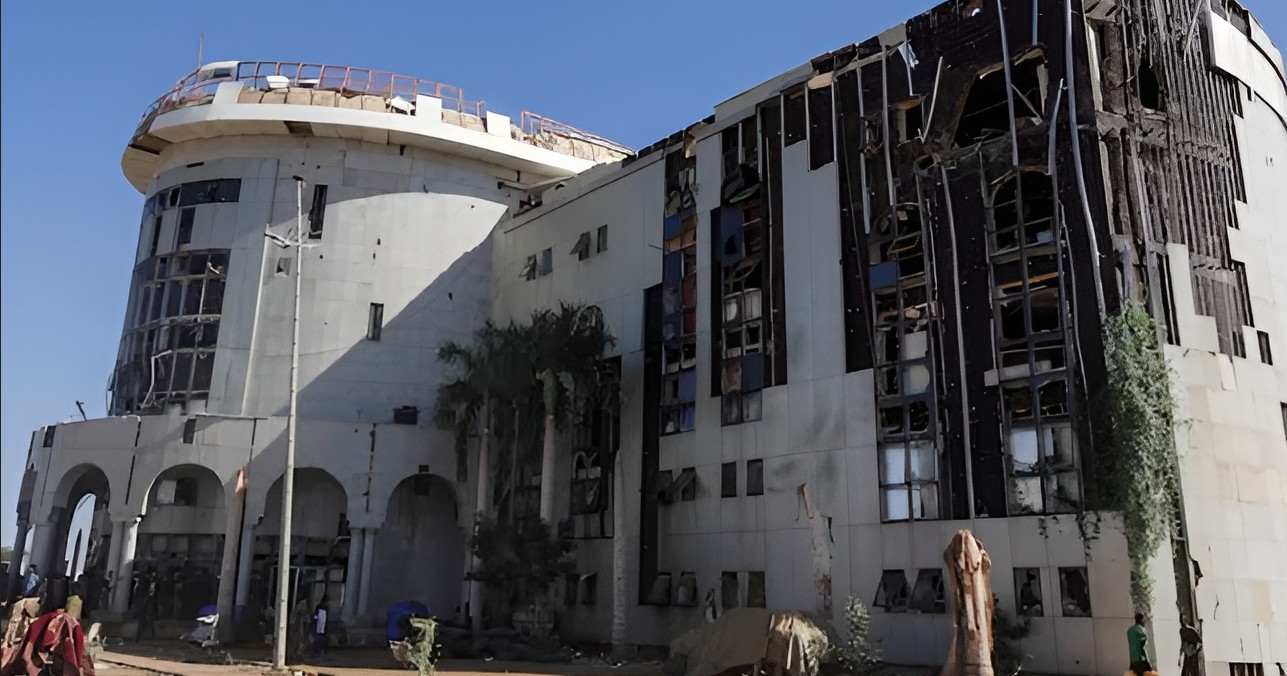Sudan government relocates ministries from war-ravaged Khartoum to safer cities

The relocation order covers the Council of Ministers, key ministries—including finance, minerals, and information—and the central bank, but makes no mention of the Presidential Palace, which remains under repair after clashes between the army and the RSF.
Sudan’s rulers have quietly abandoned the heart of their war-torn capital, Khartoum.
On Tuesday, Sovereign Council member Ibrahim Jabir issued a decree ordering ministries to relocate from downtown Khartoum—once the country’s administrative and commercial hub—to safer areas in the east and the adjoining cities of Khartoum North and Omdurman.
More To Read
- Six UN peacekeepers laid to rest following deadly drone attack in Sudan
- EU launches Sh530 million airlift to deliver life-saving aid to Darfur amid deepening Sudan crisis
- UN Secretary-General condemns ‘horrific’ drone strike on peacekeepers in Sudan
- Nine dead, 17 injured in RSF drone strike on Sudan’s Dilling military hospital
- UN chief alarmed by drone strike killing over 30 Sudanese civilians
- Sudan war: Aid teams say deal struck to reach stricken El Fasher
The decision, framed as a cost-saving measure, underscores both the scale of destruction and the government’s financial strain.
A state committee found it would be more expensive to repair ministries along Nile Street and the surrounding district than to establish new headquarters elsewhere.
"The state currently needs to allocate budgets to meet citizens' needs for electricity, water, education, health," the decree stated, stressing necessity over symbolism.
The relocation applies to the Council of Ministers and key ministries such as finance, minerals, and information, as well as the central bank.
Notably absent was any mention of the Presidential Palace, still under repair after serving as a battlefield between the army and the Rapid Support Forces (RSF).
Before the war, downtown Khartoum was home not only to government offices but also to the army’s headquarters, bustling markets, and leading universities. Today, it lies in ruins. The junta, led by General Abdel Fattah al-Burhan, has already shifted its base to Port Sudan on the Red Sea.
This administrative shift merely formalises what the war has already made clear: Khartoum is no longer the seat of government, but the front line of a conflict that is hollowing out the state itself
Top Stories Today












































